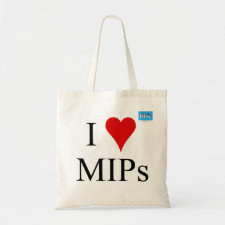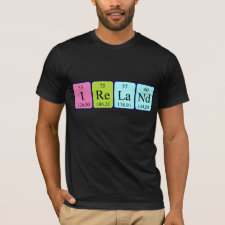
Authors: Li PF, Wang T, Lei FH, Tang PP, Tan XC, Liu ZG, Shen LQ
Article Title: Rosin-based molecularly imprinted polymers as the stationary phase in high-performance liquid chromatography for selective separation of berberine hydrochloride.
Publication date: 2014
Journal: Polymer International
Volume: 63
Issue: (9)
Page numbers: 1699-1706.
DOI: 10.1002/pi.4694
Abstract: A novel method for the separation of berberine hydrochloride has been developed. Berberine hydrochloride molecularly imprinted polymers were prepared by suspension polymerization in the aqueous phase using berberine hydrochloride as the template, methyl acrylic acid as a functional monomer, and ethylene glycol maleic rosinate acrylate (which contains a phenanthrene ring skeleton) and ethylene glycol dimethacrylate as combinatorial crosslinkers. The imprinted polymers were successfully used as a selective stationary phase in high-performance liquid chromatography. Separation performance of the chromatographic column was determined from the selectivity (evaluated by separation factor) and sorption selectivity (evaluated by imprinting factor) of the molecularly imprinted and non-imprinted polymers towards the template. The optimum conditions to maximize separation and imprinting factors were investigated. Acetic acid-methanol solution (0.05% v/v) was selected as the optimum mobile phase, while 0.2 mL min-1 was chosen as the optimized flow rate for selective separation of berberine hydrochloride. The highest imprinting and separation factors obtained were 1.924 and 18.52, respectively. Simultaneously, the chromatographic column backpressure was stable and showed good permeability. The chromatographic column was used to separate effectively template molecules from coptis root extract and other analogues. Such chromatographic columns with high selectivity can be used to selectively separate berberine hydrochloride from other compounds. © 2014 Society of Chemical Industry
Template and target information: berberine hydrochloride
Author keywords: Berberine hydrochloride, coptis root extract, ethylene glycol maleic rosinate acrylate, high-performance liquid chromatography, Molecularly imprinted polymers, stationary phase



Join the Society for Molecular Imprinting

New items RSS feed
Sign-up for e-mail updates:
Choose between receiving an occasional newsletter or more frequent e-mail alerts.
Click here to go to the sign-up page.
Is your name elemental or peptidic? Enter your name and find out by clicking either of the buttons below!
Other products you may like:
 MIPdatabase
MIPdatabase









